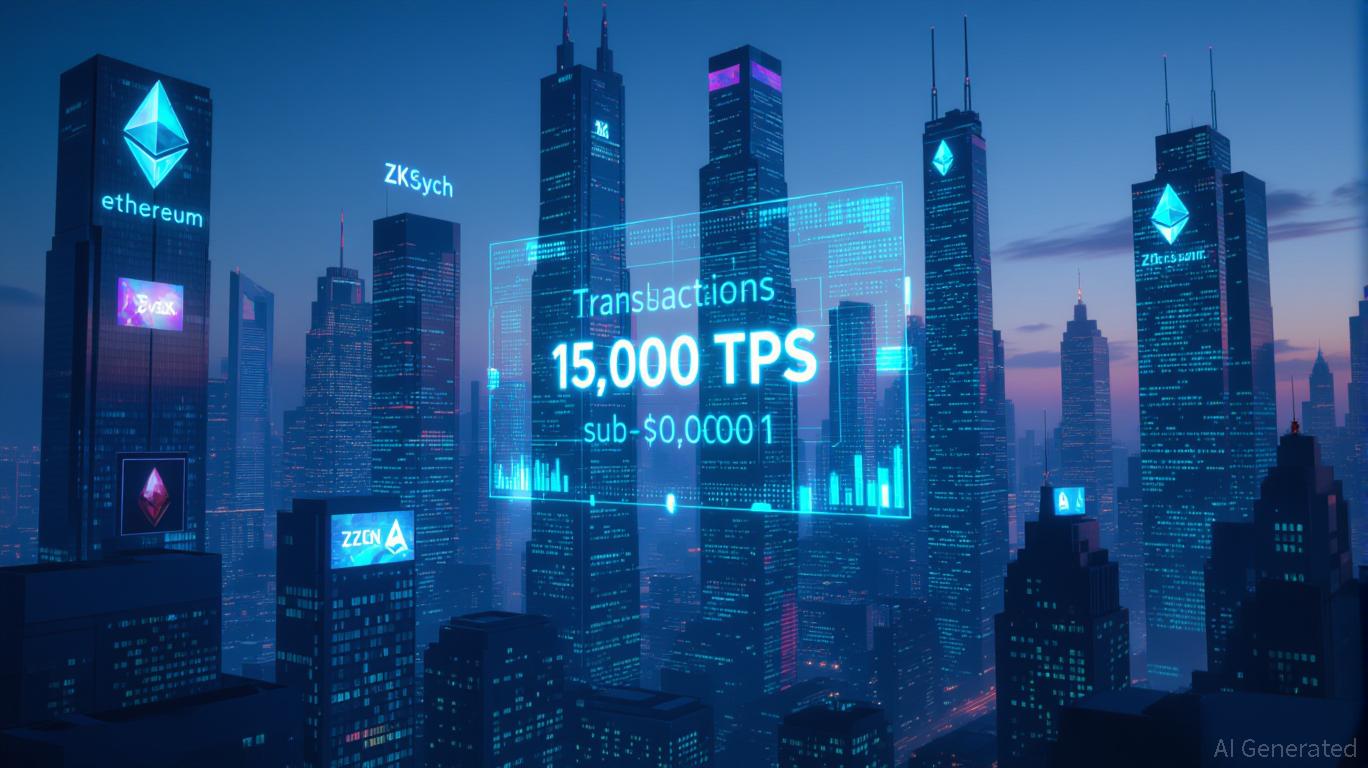Codego Launches Whitelabel Devices Bringing Tokens Into Daily Life
October 2nd, 2025 – Milan, Italy
Codego Group recently disclosed that its Whitelabel Device Program is now open for business.
The program lets crypto projects give away branded devices that give out daily rewards in their own tokens. The move takes tokens out of exchanges and wallets and puts them into homes and everyday life.
From In-House Devices to Whitelabel Expansion
Codego first introduced CDG Home and CDG Power Home devices . The main aspects to know about these products is:
- the connection to a decentralized GPU network, and
- the possibility to generate daily revenue in tokens.
Going a bit deeper, the team explained that, under the Whitelabel Device Program, rewards will be distributed in USDC through Codego’s app. The model has proven simple and effective: a device in the home that provides consistent daily payouts.
The new program extends this framework to other projects. Partners can now release their own branded versions, with the same technology delivering rewards in their tokens.
A New Layer of Utility for the Token Economy
It is the team’s opinion that tokens existing only on exchanges risk fading from relevance. Tokens delivered daily through a tangible device gain visibility, trust, and persistence. Regular payouts create habits, strengthen loyalty, and give tokens staying power.
Another important thing to mention is that projects can gain new channels for adoption. Also, users see tokens tied to consistent rewards, and not as abstract speculation entities. For partners, the model opens additional revenue streams through device sales and recurring margins.
Strategy, Influence, and Power
The team working at Codego has a clear long-term view for the project and the whole crypto community. For instance, here are three key features to consider:
- Home devices help the token’s brand and presence stand out.
- Daily rewards make people closer to the system. This strategy makes it less convenient for anyone to leave ecosystems.
- Also, a token given out by a real system has the potential of gaining credibility on the market. This is because it’s possible to link real utility to a cryptocurrency. In other words, this system aims to go beyond mere speculation, and to enter the market with real, tangible value.
Codego Group is regulated as an Electronic Money Institution and already provides services such as Banking-as-a-Service, Cards-as-a-Service, and Device-as-a-Service.
The Whitelabel Device Program brings something new to the table, forcing crypto tokens from speculative devices to owning real-world utility. It builds a foundation where tokens integrate into daily life, offering relevance and stability in a volatile market.
About Codego
Codego Group builds the financial and blockchain infrastructure that businesses and people use. It offers services for payments, banking, and devices. The recent launch is a big step in the company’s overall roadmap. In fact, it potentially increases the adoption of crypto tokens in various sectors.
Partners receive USDC directly from Codego while distributing their own tokens to users through branded devices.
Codego gives projects tools that make them more resilient and relevant by putting tokens into everyday life. The project’s official website and the links listed below have more information on this growing initiative.
CDG Project | Codego Pay

Disclaimer: The content of this article solely reflects the author's opinion and does not represent the platform in any capacity. This article is not intended to serve as a reference for making investment decisions.
You may also like
XRP News Today: Abu Dhabi’s Green Light Establishes UAE as a Pioneer in Stablecoin Development
- Ripple's RLUSD stablecoin gains Abu Dhabi regulatory approval as UAE advances digital finance leadership. - ADGM's "Accepted Fiat-Referenced Token" designation enables institutional use for lending and cross-border payments. - RLUSD's $1.2B market cap growth reflects institutional demand, backed by USD reserves and dual blockchain operations. - UAE's ADGM-DIFC regulatory synergy attracts global fintechs , with Ripple expanding partnerships across Africa and Asia. - Regulatory milestones position RLUSD to
Ethereum Updates: Ethereum Drops to $2,800, Prompting Surge in Demand for ZKP's Hardware-Based Presale
- Ethereum's price fell below $2,800, triggering $6.5M liquidations and testing critical support levels amid declining on-chain demand metrics. - Institutional players like BitMine accumulated 3.62M ETH (~$10.4B) despite the selloff, signaling long-term bullish conviction. - ZKP's hardware-driven presale gained traction with $17M in ready-to-ship Proof Pods and Miami Dolphins partnership for privacy-focused sports analytics. - Mutuum Finance's $19M DeFi presale and ZKP's auction model with $50K wallet caps

Vitalik Buterin Supports ZKsync: What This Means for Layer 2 Scaling
- Vitalik Buterin endorsed ZKsync in late 2025, highlighting its "underrated and valuable" work alongside the Atlas upgrade achieving 15,000 TPS and $0.0001 fees. - ZKsync's zero-knowledge rollups and EVM compatibility enabled institutional adoption by Deutsche Bank , Sony , and Goldman Sachs for cross-chain and enterprise use cases. - The Fusaka upgrade aims to double throughput to 30,000 TPS by December 2025, positioning ZKsync to compete with Polygon zkEVM and StarkNet in Ethereum's Layer 2 landscape. -

The ZK Atlas Enhancement: Revolutionizing Blockchain Scalability?
- ZKsync's 2025 Atlas Upgrade achieves 15,000–43,000 TPS with sub-1-second finality, addressing Ethereum L2 scalability bottlenecks via Airbender proofs and modular OS. - DeFi protocols like Aave and Lido leverage ZKsync's $0.0001/tx costs to unify liquidity, while Deutsche Bank and Sony adopt its trustless cross-chain infrastructure for compliance and transparency. - ZK token surged 150% post-upgrade, with TVL hitting $3.3B and analysts projecting 60.7% CAGR for ZK Layer-2 solutions by 2031 amid instituti

